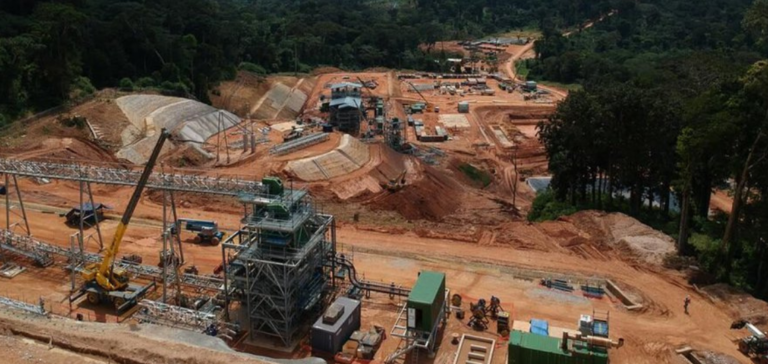The challenges of climate change have put the Democratic Republic of Congo (DRC) in the international spotlight. According to the World Bank report, this nation has significant assets to positively influence the global fight against global warming, thanks in particular to its green mineral reserves, virgin forests and considerable hydroelectric capacity.
Challenges and Potential of the DRC on the Global Climate Scene
Despite a past marked by conflict and political instability, hampering its economic development and reinforcing corruption, the DRC is now positioning itself as a major player in the global climate arena. With an estimated poverty rate of 62.3% and a surface area of 234 million hectares, it is both the largest country in sub-Saharan Africa and one of the poorest in the world. Nevertheless, its National Strategic Development Plan 2030 offers a strategic vision for achieving middle-income status by 2035.
The DRC’s 2030 Strategic Development Plan
The plan calls for structural transformation and economic diversification to foster sustainable, inclusive development, while reducing poverty and regional disparities. However, with almost half the world’s mineral reserves and average economic growth of 5.6% between 2002 and 2021, the DRC is a sleeping giant.
Economic and Climate Challenges in the DRC
However, the country’s natural wealth does not equitably benefit its population and does not sufficiently foster the development of a diversified economy. While providing sustainable solutions to global climate problems, the DRC must pursue its development objectives and face up to climate risks.
Adaptation Measures and Urgent Actions for the DRC
Institutional strengthening, governance capacity and improved governance are essential for effective action against climate change. The DRC’s 2023 Climate Development Report highlights that climate shocks, such as floods and droughts, are set to increase in frequency and intensity, exacerbating fragility, conflict and violence. These phenomena intensify competition for food resources and jobs, increase internal migration, reduce economic opportunities and social cohesion, and undermine trust in public institutions.
Towards a Resilient Future for the DRC
The impacts of climate change on poverty and human capital accumulation can reinforce each other, further exacerbating poverty. The DRC’s development objectives will be more difficult to achieve in a changing climate. Climate-sensitive diseases such as Ebola, malaria, cholera and other diarrheal and vector-borne diseases are set to increase as floods and droughts intensify, affecting labor productivity.
The report also suggests that, without adaptation to climate change, the DRC could suffer a loss of GDP of up to 13%. However, selected adaptation measures could reduce the economic damage caused by climate change by almost half.
the DRC is at a crucial crossroads. Despite its internal challenges, it has the potential to become an African leader in the fight against climate change. Its success will depend on its ability to operationalize climate action and address its governance challenges, with a view to achieving resilient and inclusive development for the benefit of its people, the region and the world.






















